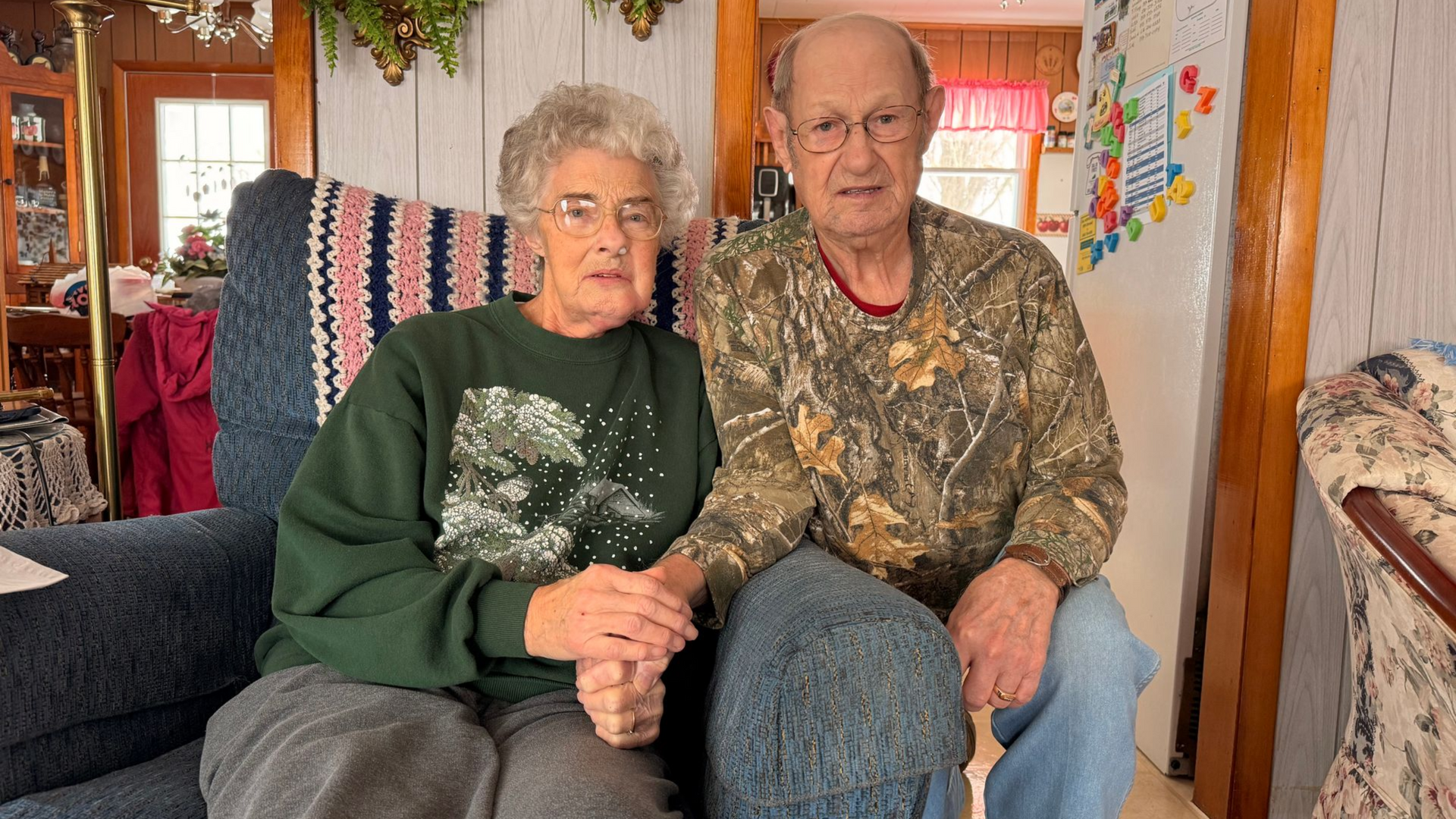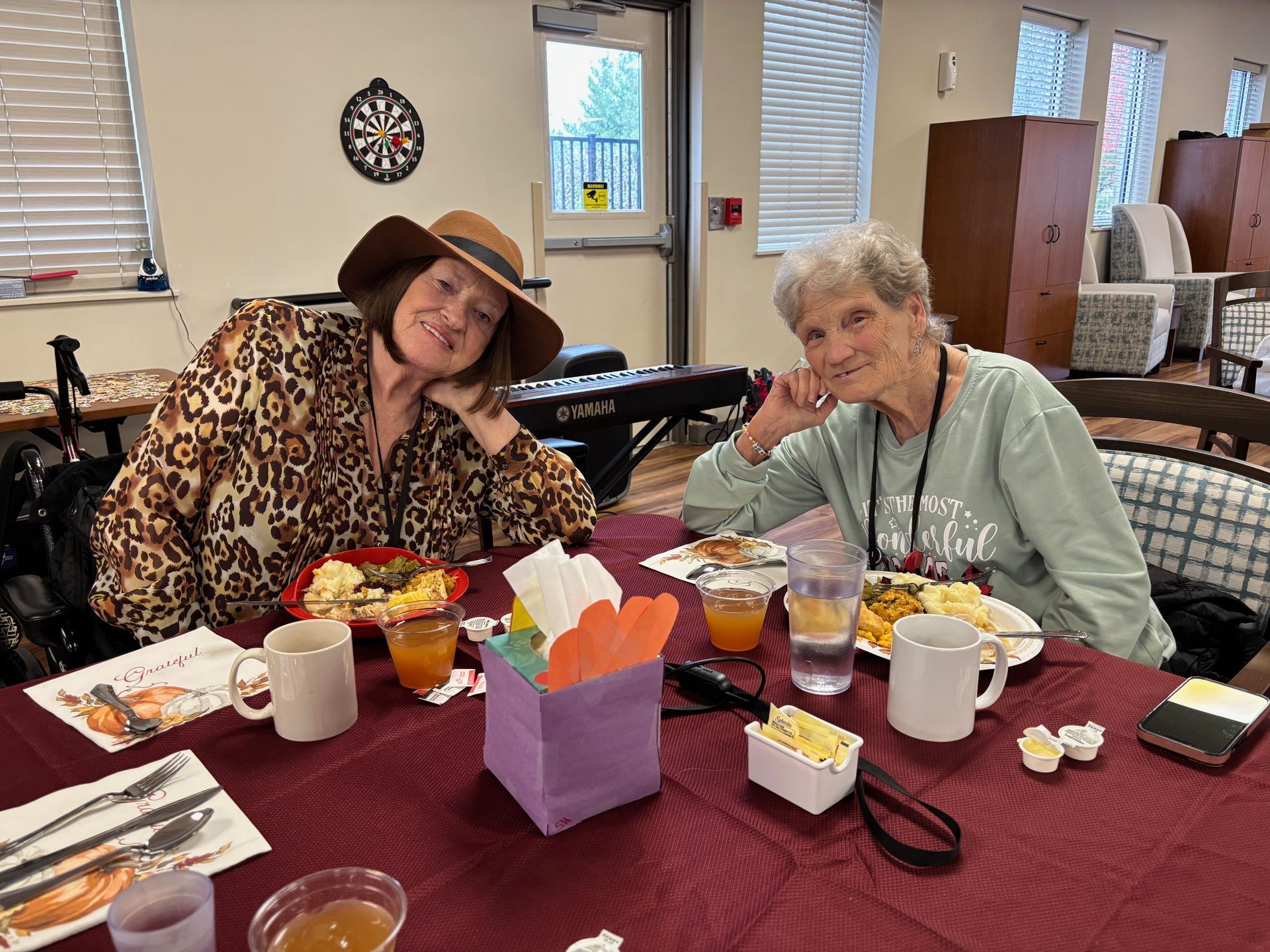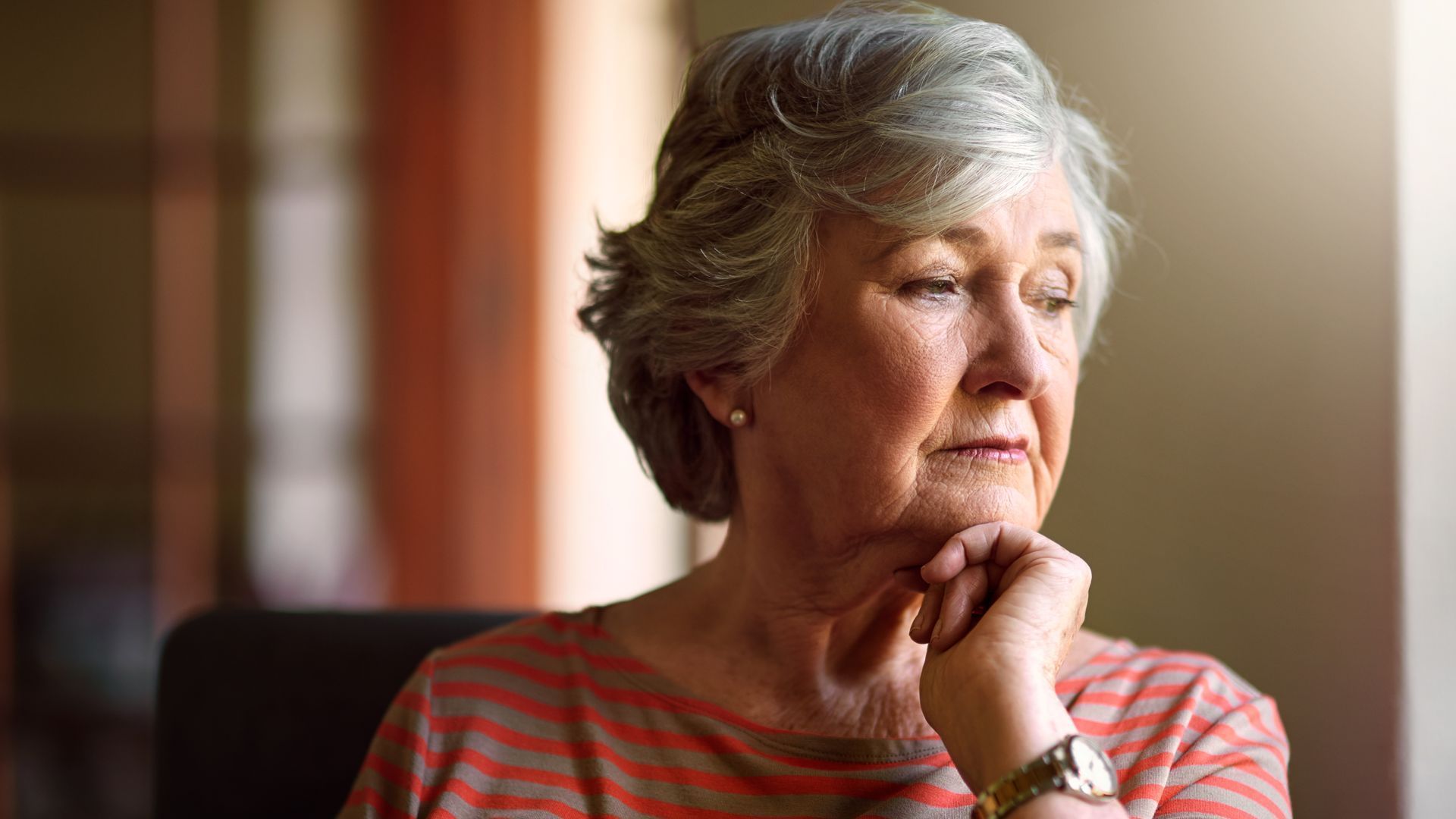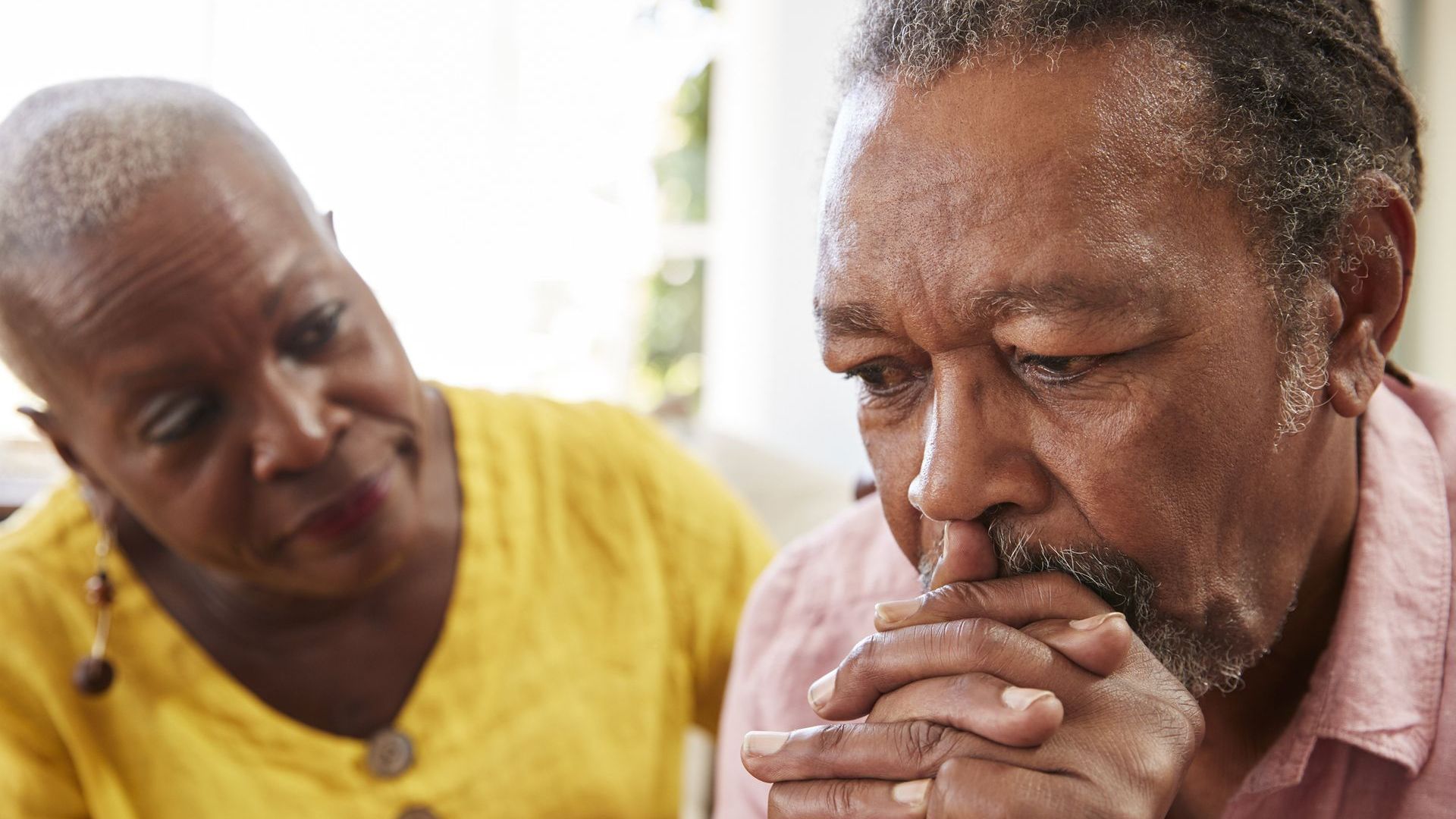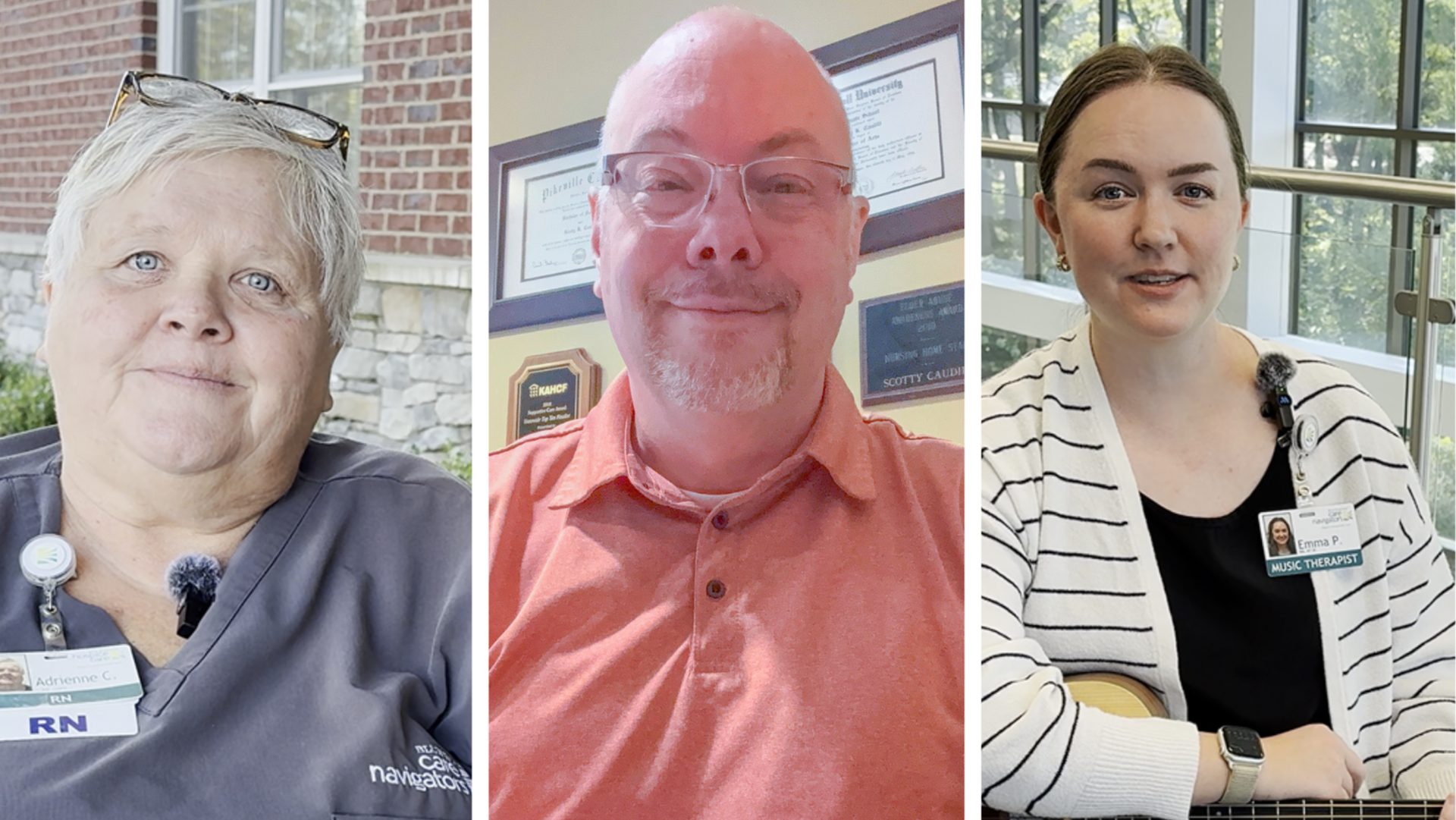Why It's Important to Grieve
Because of the many complexities of grief and learning to cope with loss, National Grief Awareness Day was created in 2014 by Angie Cartwright, who had experienced the loss of many loved ones. Observed annually on August 30th, the day is designed to bring awareness to the grieving process and effective means of coping with loss.
Grief is our response to a loss. This loss could be a person, a job, moving, changing schools, or the loss of our independence. Our losses vary in duration, depth, and complexity. We all grieve, and we are all surrounded by people who are grieving. Grief is the feelings that we have about our loss: sadness, anger, fear, frustration, guilt, relief, and many others. We all grieve differently; that is okay. Mourning is how we express these feelings. This may be through talking, writing, walking, the use of music or art. Each person will have to find their own way to safely and effectively express their feelings. Some things to try might include:
Practice self-care
This includes our physical, emotional, social and spiritual needs. Allow yourself time to acknowledge your feelings. Staying busy is an effective means of coping, but this avoidance can lead to complicated grief.
Reach out to friends and family who understand your feelings
They can provide support and lessen feelings of isolation.
Be patient with yourself
There is no timeline for grieving. Give yourself time to navigate the many emotions of grief.
Explore activities that allow for expression of your feelings as well as connection to your loved one
Listening can help others. Do not feel as if you must have the “right” words that will bring healing. Sitting quietly with a friend or family member can be very therapeutic. Be patient with your friend or family member, understanding that they, too, are experiencing this roller coaster of emotions as they work to reconcile their feelings of grief.
Offer practical assistance, such as preparing a meal, running errands or helping with household chores. This can help alleviate some of the pressure your grieving loved one may be experiencing. Often, a grieving friend or family member feels isolated or forgotten. Be present. A phone call, a text to say you were thinking of them or a face-to-face visit can help show you are there for them.
Our grief care services are for anyone in the community who has experienced the loss of a loved one. Discover how our team can help you and your family by contacting us through our website or calling 855.492.0812.
By Nancy Kremer, LCSW and Susan Houston, LCSW
Bereavement Counselors | Bluegrass Care Navigators
